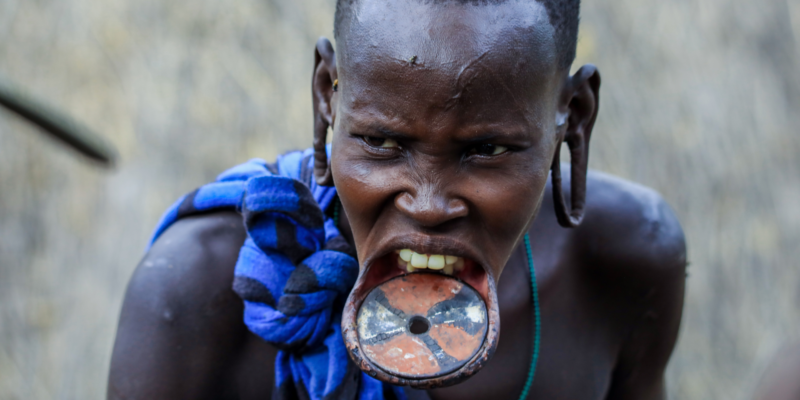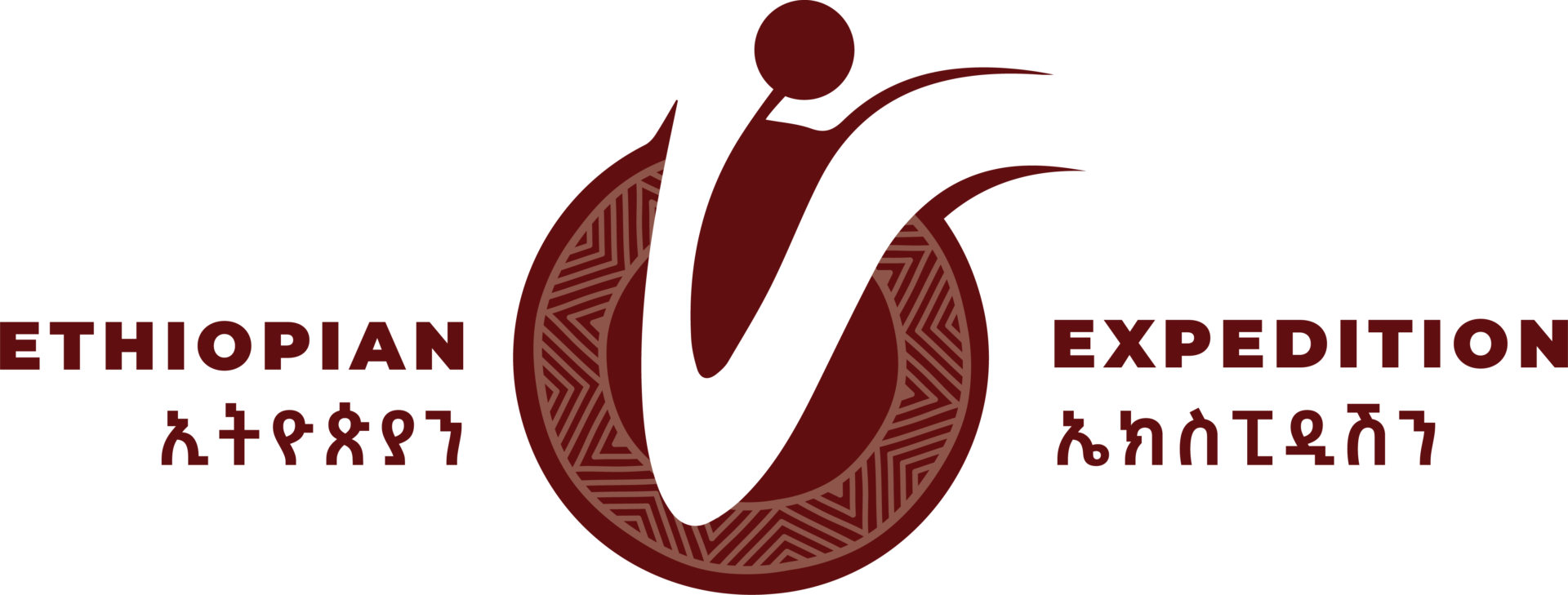Our years of experience and extensive network of local partners can help you build your dream trip from the endless possibilities of Ethiopia. We’ll talk through your ideas, give you some suggestions, set it all up and advise on travel, kit and preparation, so that you get the Ethiopian adventure you’ve always wanted.
Omo Valley Tours
Transportation
Flight and Drive
Duration
4 Nights and 5 days
Accommodation
Hotels and Lodge
On this fascinating tour, you will witness and learn the meaning behind age-old customs and rituals that remain an integral part of everyday life in this region, Isolated for millennia from the rest of the world, the beautiful Omo Valley is home to an exciting mix of many small and distinctive tribal groups. Amongst others, we find the Karo, The Arbore, the Mursi, and the Hamer — all of whom have retained their own unique customs and traditions.
Lifestyles are as varied as the tribes themselves. Lacking any material, culture and artifacts common to other cultures, these tribes find unique ways in which to express their artistic impulses. Both the Surma and the Karo, for example, are experts at body painting, using clays and locally available vegetable pigments to trace fantastic patterns on each other’s faces, chests, arms, and legs. These designs are created purely for fun and aesthetic effect, each artist vying to outdo the others.

Tour Highlights
- Meet various ethnic groups.
- Experience the natural beauty of the country from the stunning savannah plains and elaborately terraced hillsides to the vast coffee fields.
- See the elaborate hairstyles and personal adornment.
- Visit colorful and exuberant African markets.
- Try the varied Ethiopian food.
- Attend an Ethiopian coffee ceremony.
Detail Itinerary
Fly to Arba Minch
Today head back to the airport to board your flight to Arba Minch (in Amharic it means “40 springs”), located in a beautiful setting at the foothills of the Rift Valley escarpment and overlooking Lake Abaya and Lake Cham. In the afternoon we visit the Dorze village, known for their weaving culture which is reflected in their beautiful cotton clothes, fences, and beehive shaped bamboo huts. Men weave and women spin. Each Dorze bamboo house has its own small garden surrounded by beds of spices, cabbage and tobacco. Their staple food is Kocho, made from the false banana. The evening is free to enjoy the amenities and spa services of our lodge while taking in the breathtaking view over the two valley lakes. Overnight: Haile resort, Arba Minch
Lake Chamo / Konso Village / Turmi
In the morning, take a remarkable boat ride on the southernmost Rift Valley lake of Ethiopia, Lake Chamo. One can spot many hippos and giant crocodiles, and the scenery is truly unforgettable. Fishing for Nile perch and many other species by locals on their traditional boat is by far the best in the country. We can also watch various lowland water birds like the African Fish Eagle, Great White Pelicans, and egrets. Leaving Lake Chamo behind, we visit the Konso village where we enjoy lunch. The cultural landscape of Konso is a UNESCO World Heritage site, and is comprised of stone-walled terraces and fortified settlements in the highlands stretching back 21 generations (more than 400 years). Konso is known for its religious traditions, waga sculptures and nearby fossil beds. Overnight: Buska Lodge, Turmi
Karo & Hamer Villages
Today’s drive takes you to Koricho, a settlement for the Karo Nilotic ethnic group, famous for their body paintings. They are also one of the smallest tribes in the region with an estimated population between 1,000 and 3,000. They paint themselves daily with colored ocre, white chalk, yellow mineral rock and pulverized iron, all-natural resources local to the area. This is an elaborate process, which ranges from fine details to rough, but striking paintings traced with the palms or fingers. The Karo people also scarify their chests to beautify themselves by cutting with a knife or razor and rubbing ash into the wound to create a raised effect. In the afternoon, we visit the Hamer tribe, whose women are known for their striking appearance, adorned with ochre-colored hair hanging in a heavy fringe, leather skirts decorated with cowries, and many copper bracelets fixed tightly around their arms. The men are noted for the initiation ceremony of jumping over bulls. Below Karo & Hammer Tribes. Overnight: Buska Lodge, Turmi
Dassanech Tribe / Ari Village/ Jinka
This morning travel closer to the Kenyan border to visit the people of the Dassanech tribe. We cross the Omo River, one of the major rivers of the country that drains into Lake Turkana of Kenya, to visit one of the villages of the Dassanech tribe (meaning “people of the delta), who are the southernmost people of the country and are known for their scarifications. Over time the tribe absorbed a wide range of different people and it is now divided into eight main clans. Each clan has its own identity and customs, its own responsibilities towards the rest of the tribe and is linked to a particular territory. Continue with our drive to Jinka, the biggest town in the Omo region In the afternoon visit the Ari people, the biggest group in the Omo region, numbering over 100,000. Ari are living in wider villages with private compounds on which they have their huts and grow a variety of crops. They have large livestock herds and produce large quantities of honey. Ari women are famous for their pottery which they sell to support their families. Overnight: Eco-Omo Safari Lodge, Jinka
Mursi & fly back to Addis Ababa
After breakfast, we leave Jinka and drive to Mursi village to visit one of the most fascinating tribes in Africa. Although recent extreme drought has made their herding and cultivation difficult, they still adhere to their traditional and unique culture. They are renowned for the strange custom followed by their women who on reaching maturity, have their lower lips slit and circular disks inserted, indicating her worth before getting married. Men of the Mursi also use white paint for their bodies and faces. Just like any other ethnic tribe in the lower valley, the men must pass a test before they can get married. A Mursi man is given a stick called a “Donga “and must face one opponent. The men then battle it out, beating each other with the sticks. Midday flight back to Addis where we enjoy free time to explore on our own and do some last-minute shopping. In the evening, enjoy a farewell dinner with traditional Ethiopian food, music, and dance. A dayroom is provided for you at the hotel. After dinner, those who are ending their trip are escorted to the airport for their return flight home


